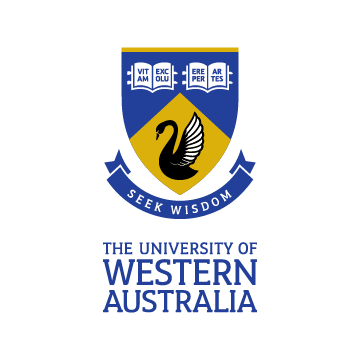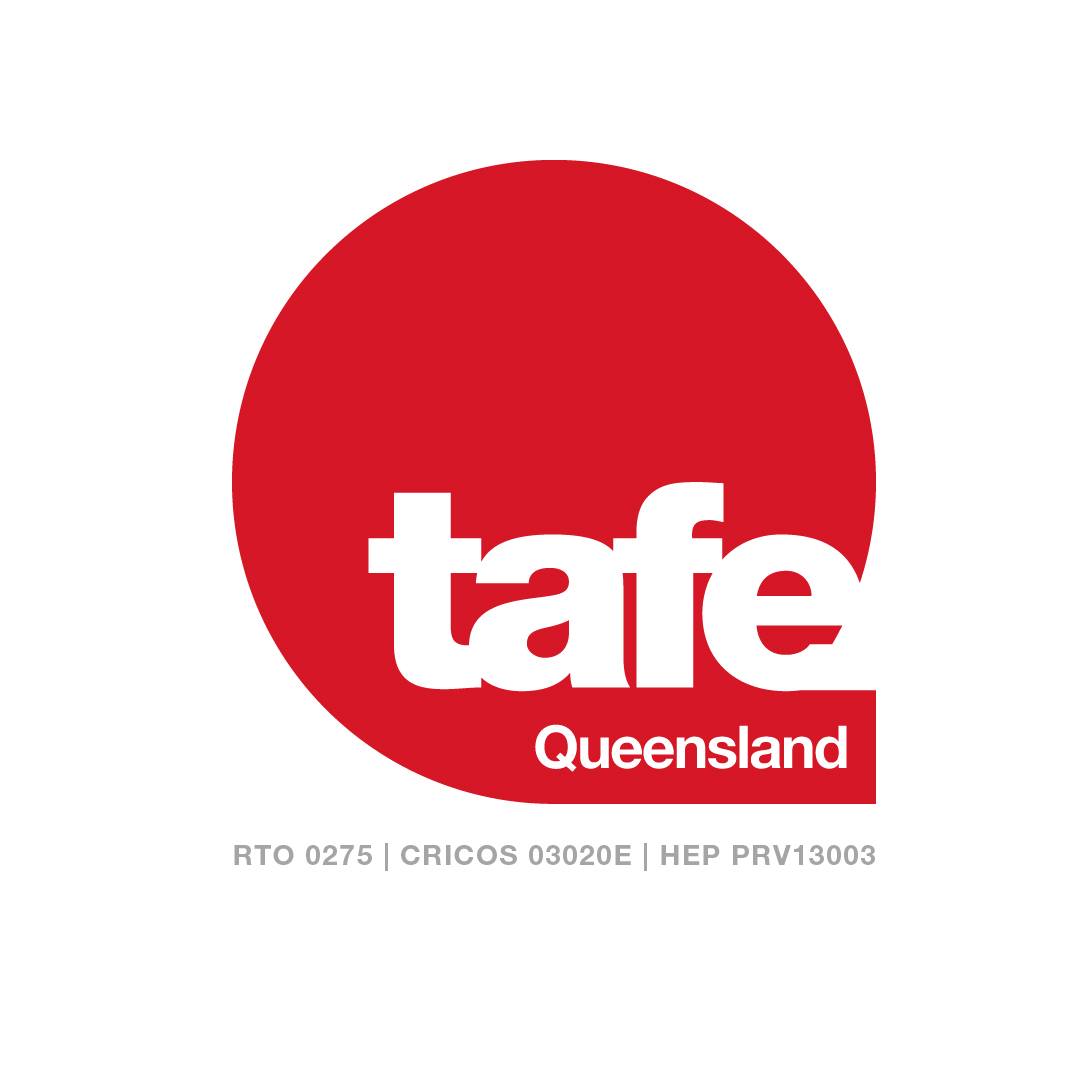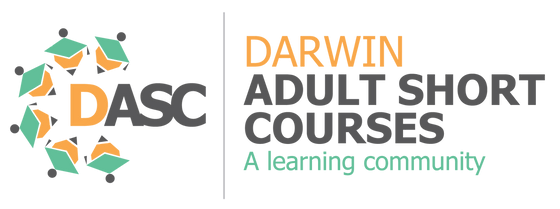The Minor in Korean language and culture is a gateway to understanding Korea as an emerging cultural superpower and world leader in STEM innovation, from IT, biomedical sciences to renewable energies.

About this minor:
This Minor in Korean Language and Culture offers an integrated study of Korean language in social and cultural context. It equips students with the hands-on linguistic and social skills needed to negotiate real world interactions both in business, government, and social life in an international context.
Graduates will have a solid command of basic Korean, and have a good grasp of the cultural, social, economic and political context of the two Koreas. The Minor in Korean language and culture is a gateway to understanding Korea as an emerging cultural superpower and world leader in STEM innovation, from IT, biomedical sciences to renewable energies.
By pairing the Minor with a Major in Medicine, Social Sciences, Humanities, Science or Engineering, after graduate students find an advantage as they enter business and non-profit work, or STEM work with a set of communicative skills applicable to a wide range of fields.
For students taking a minor which shares units with their other unit sets (majors or minors): in order for minors to be recognised on academic and graduation documents, students may only have a maximum of one unit overlapping between their unit sets.
Outcomes
Students are able to
demonstrate a Korean language proficiency, in both oral and written forms, equivalent to levels 2-3 of the International Standard Curriculum of the Korean language;
apply Korean linguistic skills to a variety of formal and informal situations;
recognise everyday cultural and social life practices, including customs and cultures of food and drink, traditional and popular culture, workplace and family, and how these area applied to communication practice in Korea; and
evaluate how the historical, social, economic and political influences shape work environments in Korea and apply to work-specific contexts.
We have the immense privilege of sitting on the sacred soil where Western Australian kaartdijin, or knowledge, began. It has been a place to gather and learn for tens of thousands of years, with stories and lessons shared from generation to generation of the world’s oldest continuous culture.
Today, we welcome you to continue seeking and sharing wisdom with us. Our students take their learning beyond the books, at the cutting edge of knowledge creation, from passionate lecturers with real industry experience and connections. We’ll support them in their learning journeys and help set them up for a career they’ll love.
The global impact of our research and education places us as a world top 100 university (QS 2021). This means students join a community of passionate, intelligent and resourceful leaders who are driving innovation and change. They’ll connect with and work alongside leaders in education, research and industry, and follow in the footsteps of our thousands of graduate success stories.

Immerse yourself in Korean culture in this short course. Develop Korean language communication skills.

This course is designed to provide students, with no prior knowledge of Korean, a broad and practical understanding of the Korean language, essential for basic communication and to establish a strong base for further study of Korean.

South Korea has a high-tech globalised economy and is celebrated for its iconic pop culture. At UNSW, we offer you an insight into the language and people in this dynamic country. South Korea and Australia have had close ties since the 1950s, and as the South Korean economy grows.

Students will be guided to speak fluent and accurate Korean in different everyday situations. The student will “Speak” most of the time through writing, listening & reading.

This course is perfect for those who have little to no knowledge of Korean and Hangeul. Students will learn elementary vocabulary and basic grammar step by step.
© 2025 coursetakers.com All Rights Reserved. Terms and Conditions of use | Privacy Policy